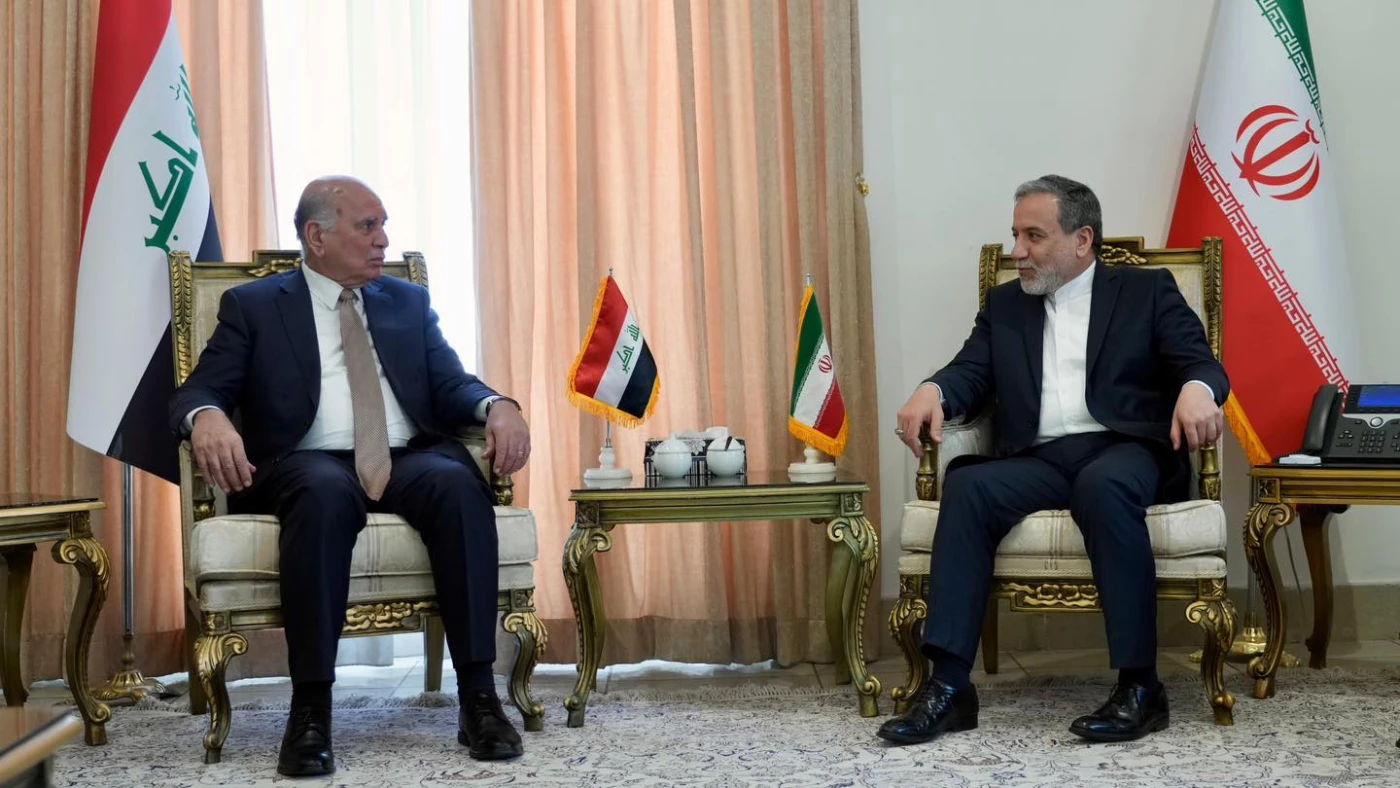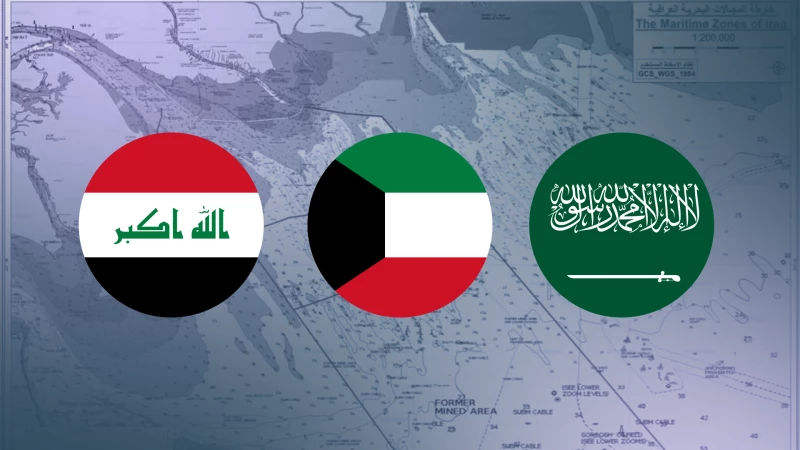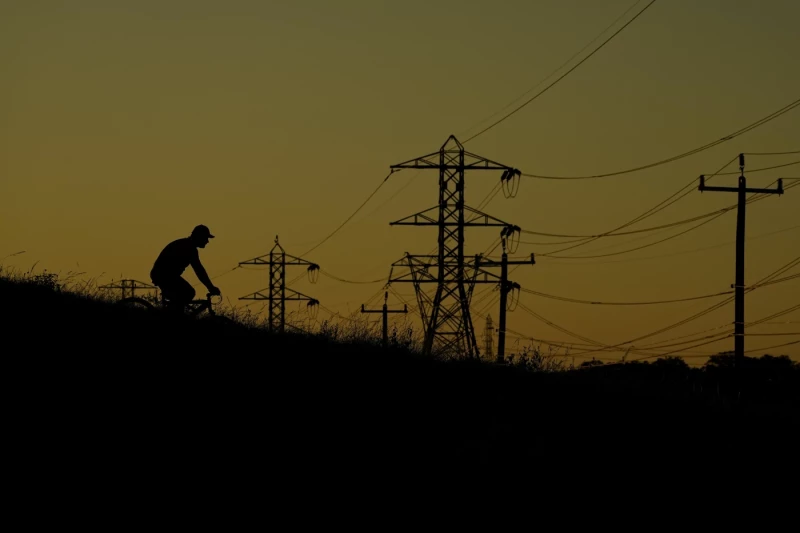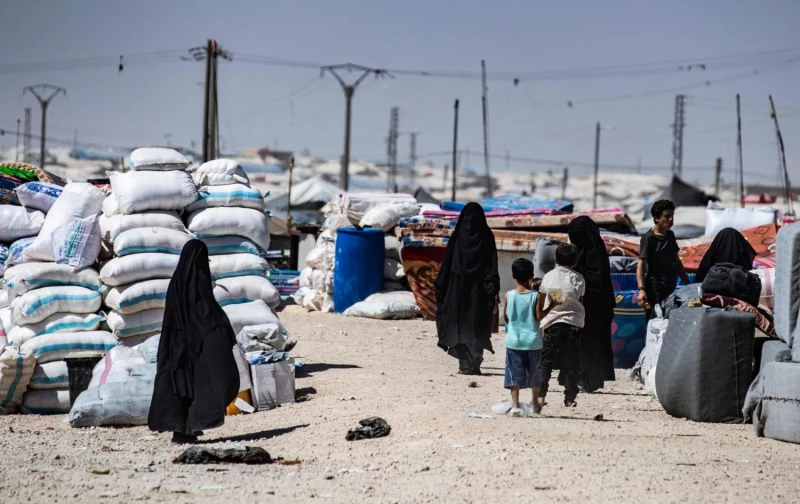ERBIL, Kurdistan Region of Iraq - Iraqi Foreign Minister Fuad Hussein met with his Iranian counterpart Abbas Araghchi on Monday, discussing the ongoing nuclear talks between Tehran and Washington, as well as the repercussions of halting Iranian electricity exports to Iraq.
The two diplomats met on the sidelines of the Tehran Dialogue Forum, reviewing prospects of expanding bilateral relations and cooperation, bolstering regional stability, and other issues of mutual interest, according to a statement from the Iraqi foreign ministry.
Hussein “affirmed that Iraqi-Iranian relations are rooted in deep historical and geographical ties, stressing Baghdad’s commitment to advancing cooperation in the fields of security, economy, and energy, particularly in light of the prevailing regional challenges,” read the statement.
Hussein and Araghchi also addressed “the repercussions of sanctions on Iranian gas supplies to Iraq,” the statement added.
The US in March declined to renew a sanctions waiver allowing Iraq to import electricity from Iran as part of President Donald Trump’s “maximum pressure” campaign against Tehran; another sanctions waiver remains in place by Washington, however, for Iraq to import natural gas from neighbor Iran.
Iraq has recently begun trying to address an over-reliance on Iran to fuel its power grid. The country has for years been dependent on Iranian electricity and gas imports to meet about 30 percent of its energy needs. The imports are especially crucial during the summer months when temperatures can reach 50°C and energy demand peaks.
Additionally, the Iraqi foreign minister reiterated Baghdad’s support for the ongoing nuclear talks between the US and Iran, describing it as “a vital pathway to regional stability.”
Tehran and Washington have been negotiating a solution to Iran’s nuclear program and have held four indirect meetings, with Oman acting as a mediator. The talks have progressed positively thus far, according to both sides’ accounts of the discussions, though many sticking points appear to remain.
Trump, during his first term in 2018, walked away from a landmark nuclear deal with Iran, which was introduced three years earlier in 2015 by his predecessor Barack Obama. Known as the Joint Comprehensive Plan of Action (JCPOA), the deal provided sanctions relief to Iran in exchange for curbs on Iran’s nuclear program.



 Facebook
Facebook
 LinkedIn
LinkedIn
 Telegram
Telegram
 X
X


